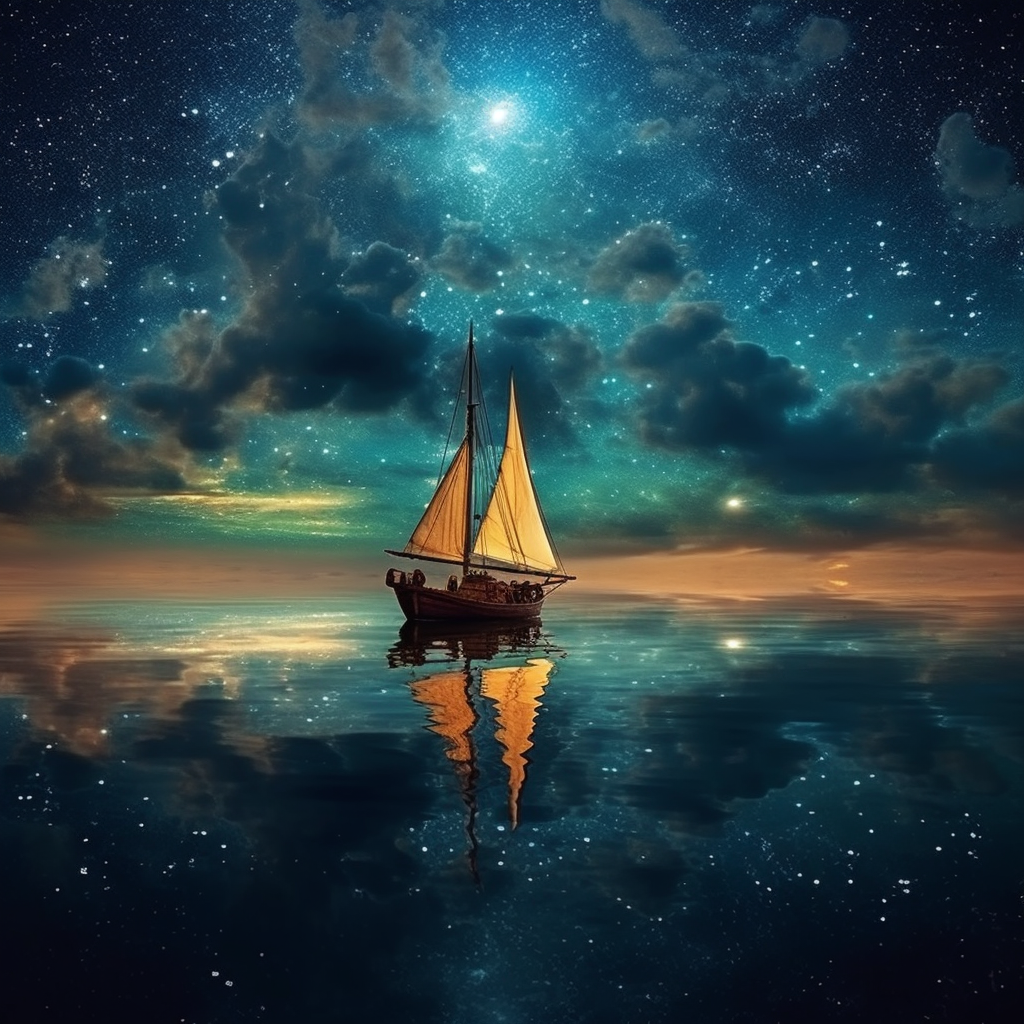The Stars

Technology's ability to improve lives and alleviate suffering is undeniable. It has swept through our lives like a tidal wave, lifting us from the depths of ignorance and suffering. It continues to reshape the world and grants us access to tools and knowledge previously unimaginable.
Yet, there was something we have lost in the process. Something that has been taken from us, not by choice but by consequence. It is the stars.
The night sky was once a canvas painted with the brushstrokes of light from distant suns, a gallery of celestial wonders that inspired our ancestors to dream, to wonder, to explore. But now, the stars are drowned by the glow of our own making. Light pollution has stolen the sky from us, leaving only a pale imitation of its former glory.
For hundreds of thousands of years, our ancestors have looked up on still nights, marveling at the spectacle of the Milky Way flung above them. It was a constant in their lives, a reminder of the vastness of the universe and their place within it. Without this periodic dose of perspective I fear like we have lost something fundamental to the human experience.
It was partly this feeling that drove me to build a boat. I named her Stargazer and, last year, sailed her across the Atlantic. Out in the depths of the ocean, hundreds of miles away from the nearest being, the stars re-emerged.
Far from civilization the stars shone with an intensity long forgotten. For a moment the clocks turned back and the heavens unveiled themselves in all their splendor, just as they had for all my ancestors who gazed upon them.
With no pollution to obscure the celestial tapestry, the Milky Way stretched across the sky, a river of stars coursing through the night. I saw shooting stars, dusty nebulas, and swirling galaxies. At times the water shimmered with a green phosphorescence, as if the stars had fallen to dance upon the waves.
An ever-present awe inspiring performance, regardless to its witness.